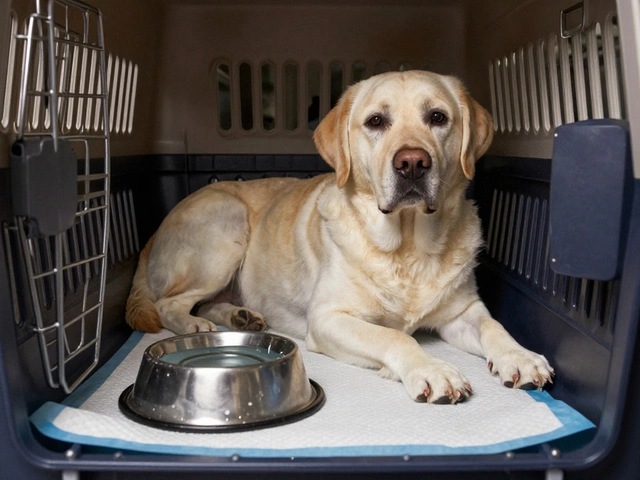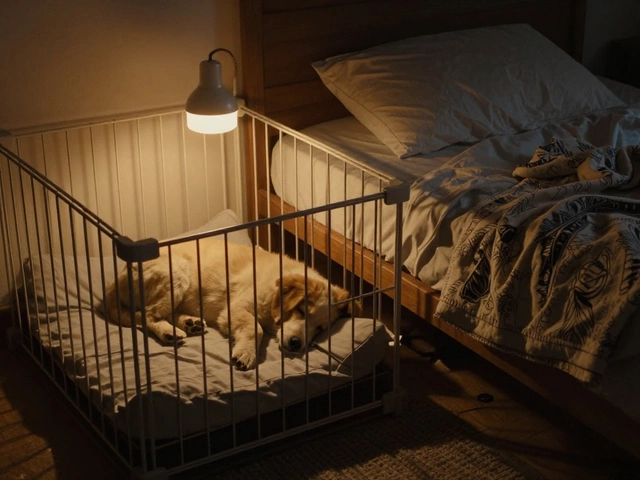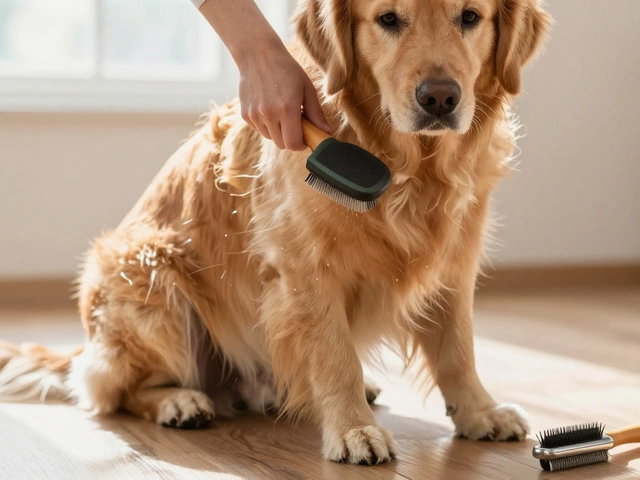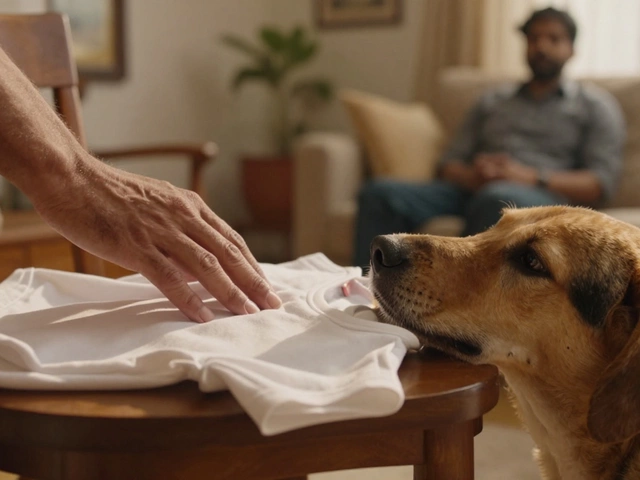How to Wake Your Puppy Without Stress
When dealing with wake puppy, the act of gently rousing a young dog from sleep. Also known as wake a puppy, it matters because a rough start can upset a puppy’s mood and learning ability. puppy training, teaching a young dog basic commands and good habits relies on a calm mind, while puppy sleep, the rest periods that support growth and brain development provides the energy needed for daily practice. A consistent puppy routine, a schedule of meals, play, training, and rest ties everything together, making the wake‑up moment a smooth transition rather than a jolt.
Why Gentle Wake‑Ups Are a Game Changer
Waking a puppy involves understanding its natural sleep cycle – a puppy typically sleeps 18‑20 hours a day, with short bursts of REM and deep sleep. If you pull them out of deep sleep, cortisol spikes and the pup can become anxious, which in turn slows down puppy training progress. On the flip side, timing the wake‑up during a light sleep phase reduces stress and keeps the dog eager to learn. This relationship creates a clear semantic triple: Waking a puppy requires knowledge of its sleep cycle. Another triple: Gentle wake‑ups improve puppy training outcomes. And a third: Consistent routines support healthy puppy sleep patterns. All three concepts intersect, meaning the way you start the day sets the tone for the rest of the routine.
Practical steps start with observation. Notice when your pup is twitching its paws, breathing shallowly, or making soft whimpers – those signs hint at a lighter sleep stage. At that moment, open the crate or bed gently, use a calm voice, and offer a favorite toy or treat. This simple cue signals, “It’s time to be awake,” without shocking the nervous system. Owners who skip this step often see more accidents during house‑breaking, as a startled puppy might rush to the bathroom in panic.
Another key factor is the environment. A dimly lit room, low‑noise background (like soft music), and a familiar scent help keep the transition smooth. If you’re using a crate, leave a blanket with your scent inside; it acts as a bridge between sleep and activity. For floor sleepers, a soft rug provides a comforting surface. These environmental tweaks tie into the broader concept of puppy care, daily practices that keep a young dog healthy and happy. Good puppy care means setting up the space so the wake‑up is just another part of the day.
Timing also matters for the larger schedule. Most owners find success when the first wake‑up aligns with the first meal of the day. Feeding right after a gentle rise gives the puppy energy and a positive association with the start of the routine. Pair the meal with a short training session – a “sit” or “come” command – and the dog quickly learns that waking up leads to good things. This reinforces the semantic link that effective waking techniques support successful training, creating a feedback loop that accelerates learning.
Finally, consistency beats occasional enthusiasm. If you sometimes yank the pup awake and other times coax gently, the dog receives mixed signals and may become wary of any wake‑up. Stick to one method for at least a week, observe the reactions, and adjust only if the puppy shows signs of distress. Consistency also helps the dog’s internal clock, making it easier to predict when nap times and play times happen. Over time, the puppy will settle into a rhythm that matches your household’s schedule, and you’ll notice fewer accidents, smoother walks, and a happier companion.
Below you’ll find a curated collection of articles that dive deeper into each aspect we’ve just touched on – from the science behind puppy sleep cycles to step‑by‑step guides for the first 48 hours, the best chew toys for teething, and realistic cost breakdowns for new owners. These resources build on the foundation of gentle wake‑ups, giving you actionable tips to make every morning a positive start for you and your pup.
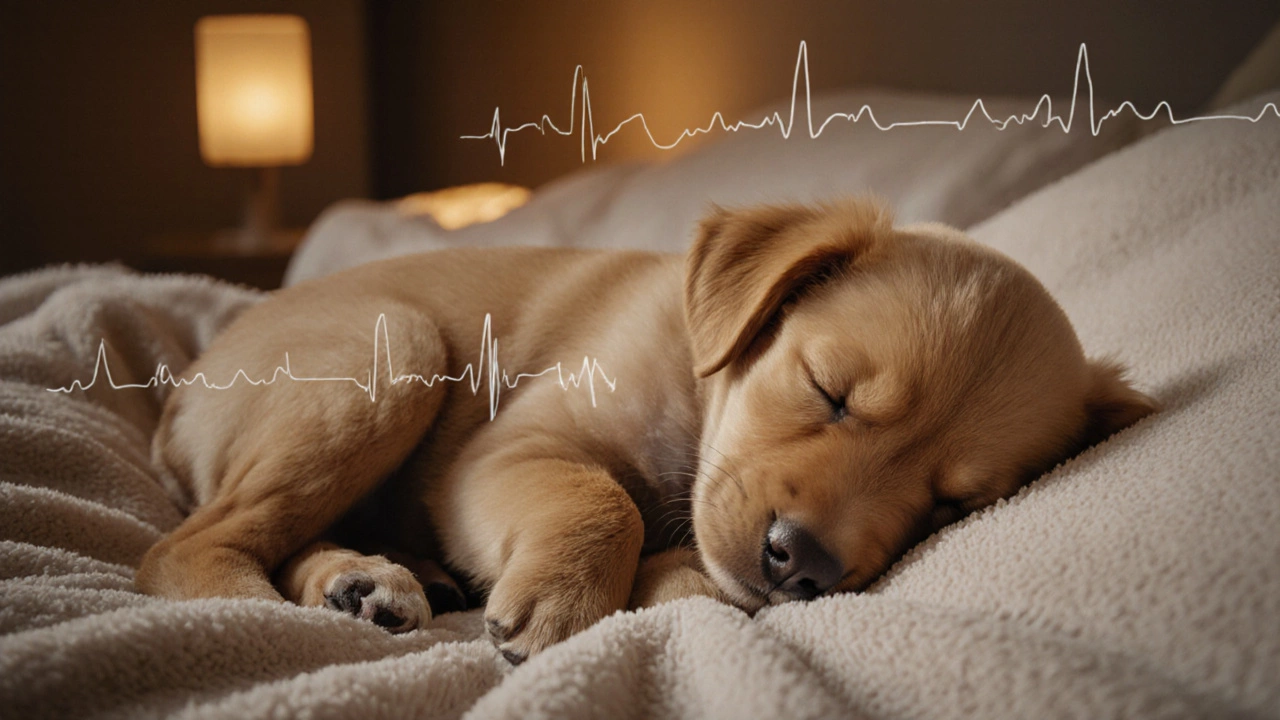
The Risks of Waking a Sleeping Puppy: What Every Owner Should Know
Waking a sleeping puppy sparks stress hormones, disrupts vital growth and brain development, and can lead to long‑term health and behavior problems. Learn why uninterrupted sleep matters and how to handle pups gently.
read more